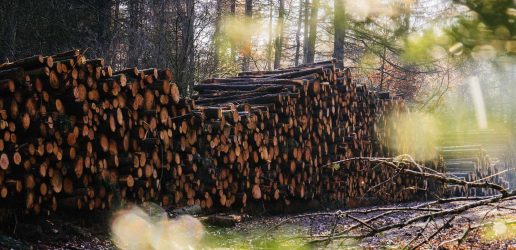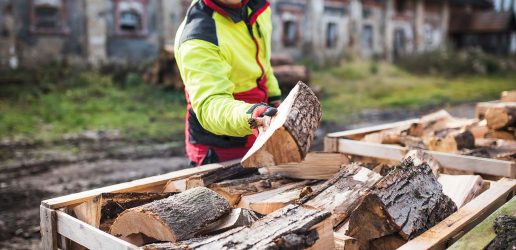Tree professionals working in arboriculture are being asked to take part in a new tree health survey as part of a DEFRA-funded project looking at pathways and practices concerning the tree disease, canker stain of plane.
Scientists at Forest Research would like to find out more about tree professionals’ knowledge of the disease, as well as how tree work is carried out in the UK and abroad, particularly in relation to the implementation of biosecurity measures. Scientists are also interested in professionals’ understanding of the risks associated with the movement of arboricultural arisings and equipment.
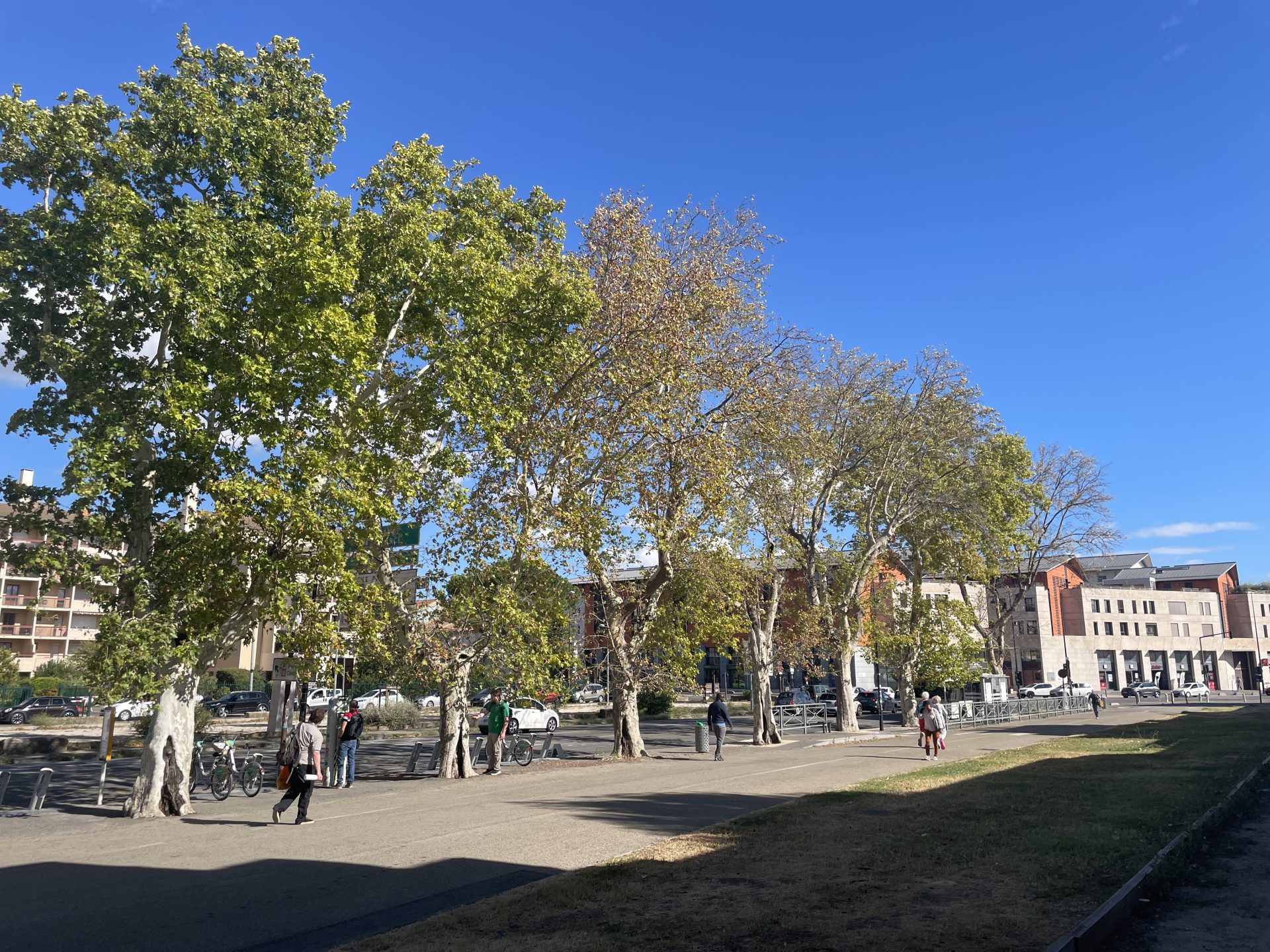
Canker stain of plane is a highly destructive disease which can affect several species of plane (Platanus) trees, including the iconic London plane. The disease is not currently present in the UK but was accidentally introduced to southern Europe from the United States during World War II and is now known to be killing plane trees in several European countries. It is caused by the fungal pathogen, Ceratocystis platani, which affects trees’ water and nutrient transport systems and results in stem cankers accompanied by sudden canopy dieback and wilting of foliage. The disease is consequently sometimes known as “plane wilt”.
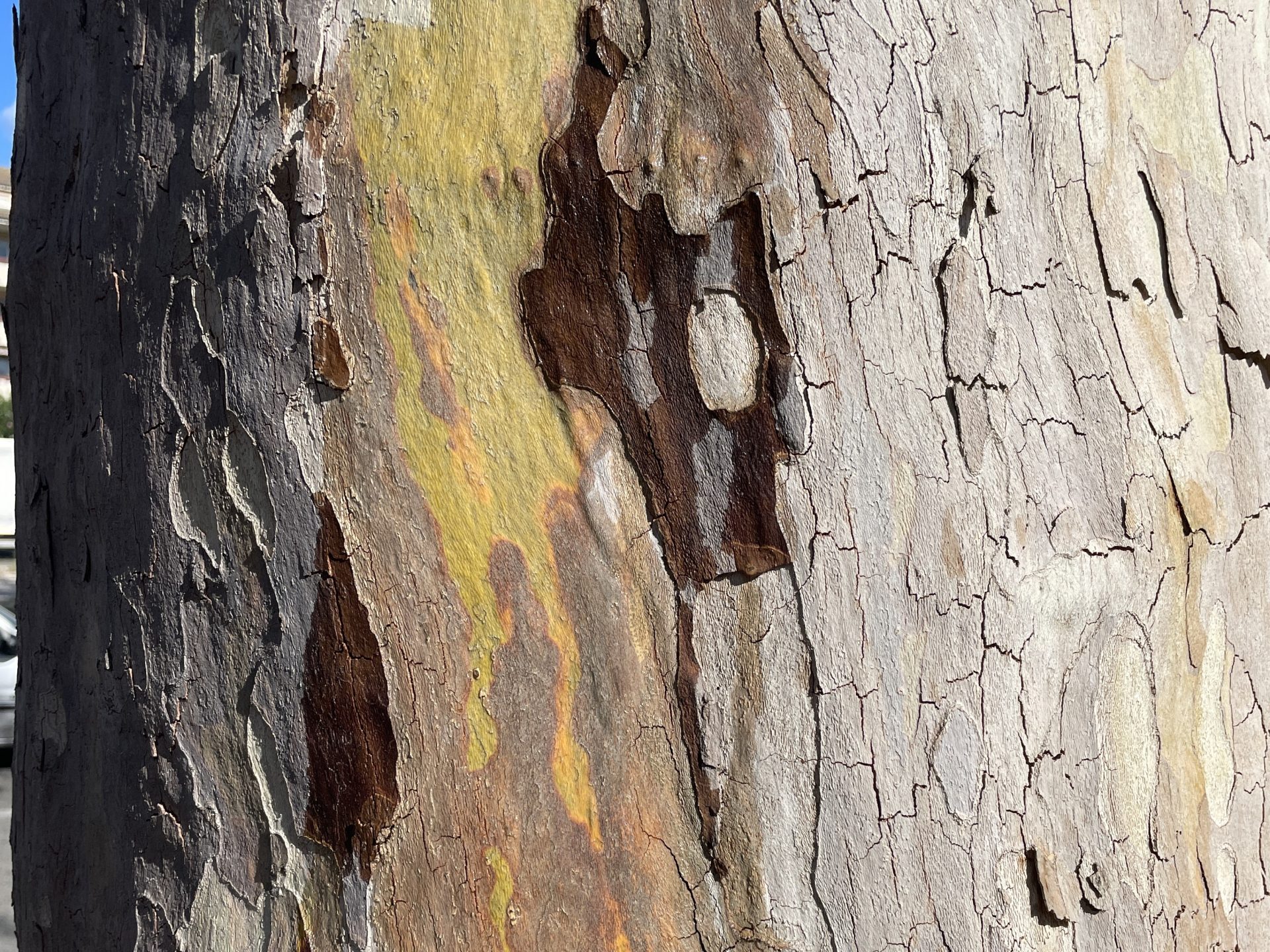
Mick Biddle, Forest Research, said, “In the UK, plane trees form an important component of our urban treescapes and are commonly found in our parks, public gardens and lining our streets. They are highly valued in towns and cities for providing shade as well as tolerating air pollution and water shortages. Canker stain of plane would pose a significant risk to our plane trees and our urban tree cover. Once infected, trees can die quickly, sometimes in as little as two years.”
He continued, “We would like as many tree surgeons, tree officers and arboricultural consultants as possible to take part in our quick-fire survey. It should only take a few minutes but it is worth the time as it will deepen our understanding of disease pathways for this and other tree health threats. The information will help enhance the UK’s protection and contingency planning measures and allow us to create effective resources for practitioners.”
The online survey is quick and easy to use and can be completed anonymously.
Recent News
View All newsForestry and timber businesses across the UK are being asked to take part in an annual survey programme to collect data about the UK timber industry.
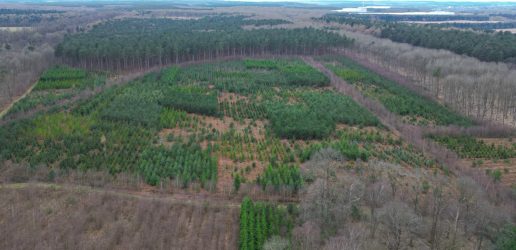
Seventeen coniferous tree species show early promise for future commercial timber production in the UK
Researchers have set up a network of nine large scale experiments across the UK to test the suitability of 17 tree species as potential alternatives for future commercial timber production.
Forest Research are looking for people involved in the harvesting, processing, transport, import, or trade of firewood in Scotland to complete an important survey.
Forestry and timber businesses across the UK are being asked to take part in an annual survey programme to collect data about the UK timber industry.

Seventeen coniferous tree species show early promise for future commercial timber production in the UK
Researchers have set up a network of nine large scale experiments across the UK to test the suitability of 17 tree species as potential alternatives for future commercial timber production.
Forest Research are looking for people involved in the harvesting, processing, transport, import, or trade of firewood in Scotland to complete an important survey.

